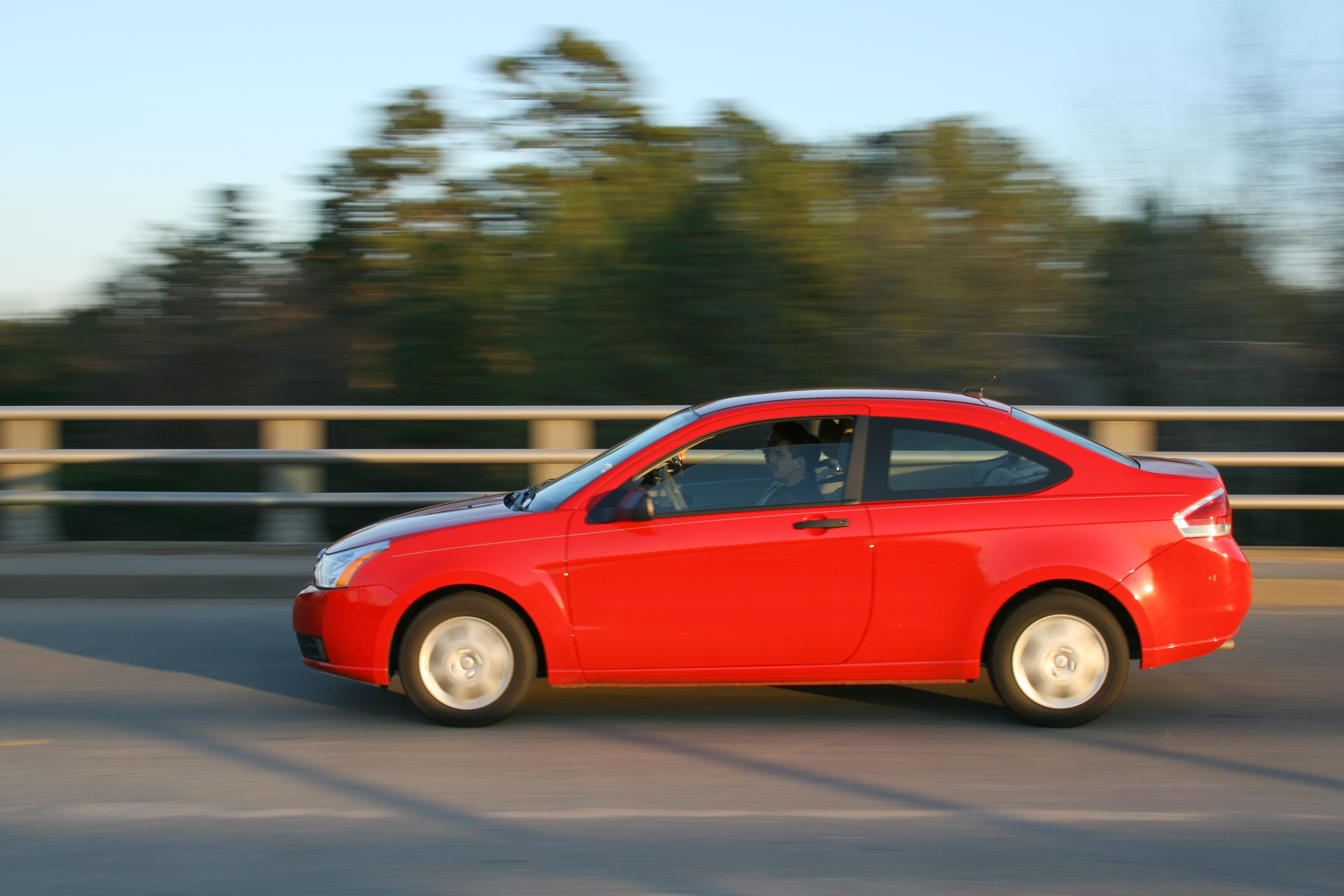 Advances in autonomous driving technology, along with increasing popularity of ride-sharing services, will lead to a dramatic rise in vehicle miles traveled in years to come, a new report says. Consulting firm KPMG has conducted a study to see how consumers will be affected by technological innovations in driverless vehicles, in-car connectivity and mobility on-demand services.
Advances in autonomous driving technology, along with increasing popularity of ride-sharing services, will lead to a dramatic rise in vehicle miles traveled in years to come, a new report says. Consulting firm KPMG has conducted a study to see how consumers will be affected by technological innovations in driverless vehicles, in-car connectivity and mobility on-demand services.
They have published their findings in a report titled “The Clockspeed Dilemma“, claiming that new technologies in the auto industry and alternative transportation solutions that have emerged lately will allow more people to travel by car, resulting in a huge increase in vehicle miles traveled.
Millennials and the Elderly to Travel by Car More Often
According to the report, these technological advances will especially benefit senior citizens and the millennial generation. Car ownership among these two demographic groups is lower compared to other generations, with seniors tending to drive less due to their age-related declines in driving abilities, whereas a lot of Millennials can’t afford cars, primarily due to huge underemployment and high levels of student loan debt they have amassed.
Researchers say that mobility on-demand and self-driving cars will raise the number of personal miles traveled by 500 billion per year in the next 30 years, whereas the increased population will bring an additional 500 billion miles, resulting in one trillion miles traveled more per year than today.
This is certainly a tremendous increase and it may seem a bit unrealistic, but Gary Silberg, National Automotive Leader for KPMG, has a great explanation for it. “10 years ago, how many of us would have predicted that most 10-year-olds would be walking around with smartphones? We grossly underestimated that trend. If we don’t watch out, we’ll grossly underestimate the power of these changes in consumer behavior around mobility options,” says Silberg.
Car Makers Will Benefit
He adds that these changes in travel preferences among Millennials and senior citizens will be of great benefit to the auto industry. Car makers could take advantage of the higher number of mobility options, which will surely result in increased demand for cars among these two age groups. However, the report notes that automakers will have to make serious adjustments and modify their business models in order to appeal to these demographics, which prefer mobility on demand over the traditional concept of personal car ownership.
“Those increases would have a profound but unknown impact on vehicle sales, car ownership models, energy demand, and infrastructure,” said Silberg in a statement. “To be quite frank, I’m not sure people understand the enormity of the change, nor are we ready for it.”
In any case, autonomous driving technology and ride-sharing companies are definitely expected to bring about major changes in the way people travel and are bound to affect the entire auto industry, as well.